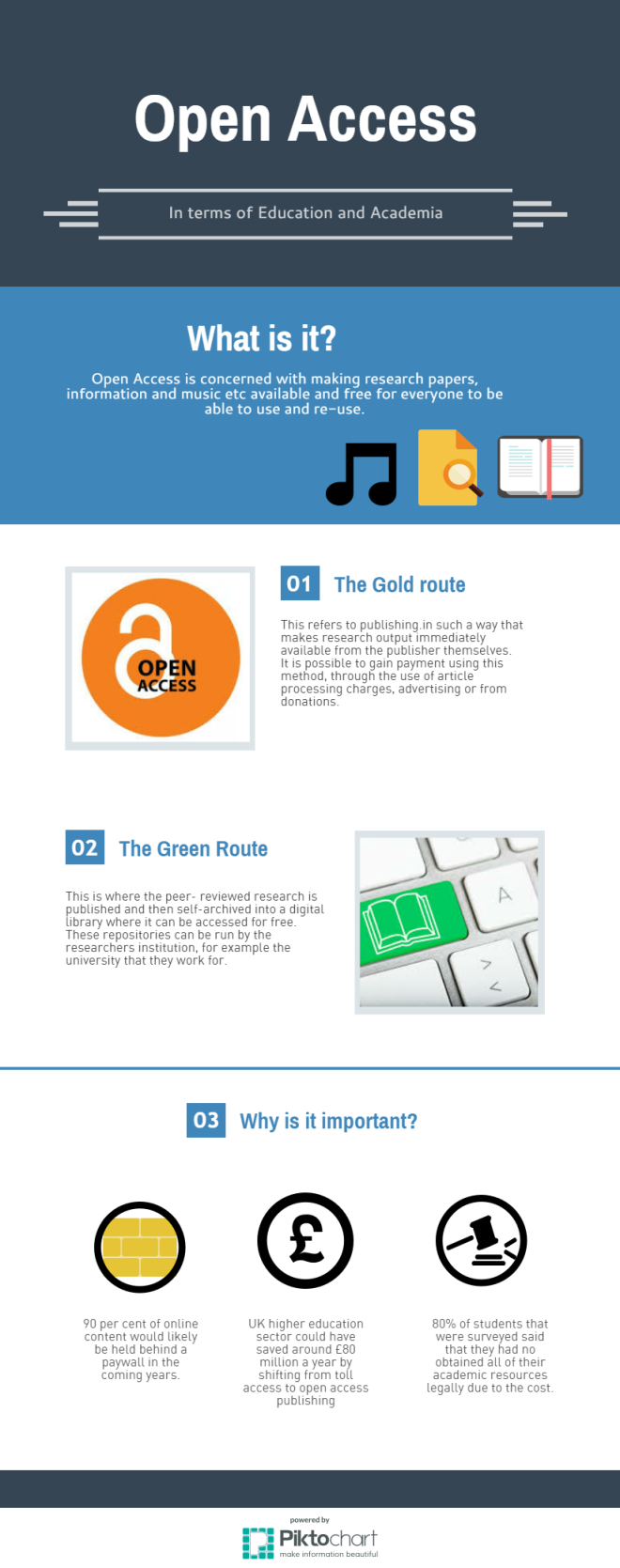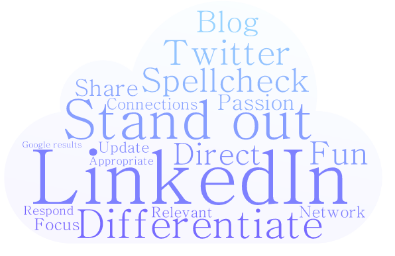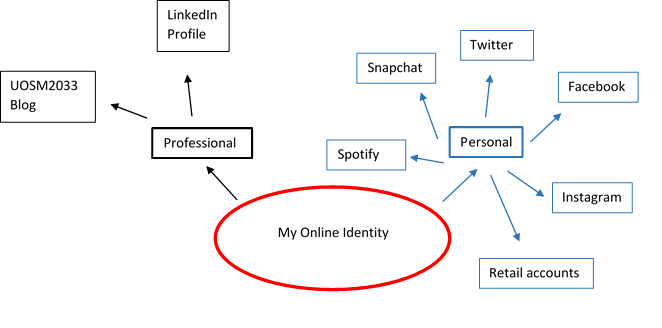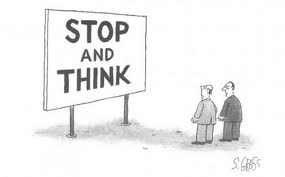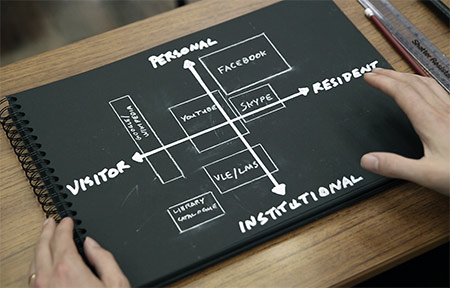
It’s goodbye from me
Sitting in the introductory lecture for this module I really began doubting my choice in optional module. Having no lectures or formal seminars was a scary prospect but the communication with other bloggers was the key. I engaged with many of my peers, who questioned me to think further or from another viewpoint. This constant feedback in a sense, only helped to strengthen not only my posts, but also their ability to challenge me and present their own opinions.
Continue reading →


